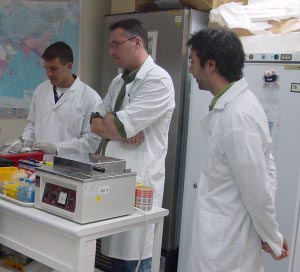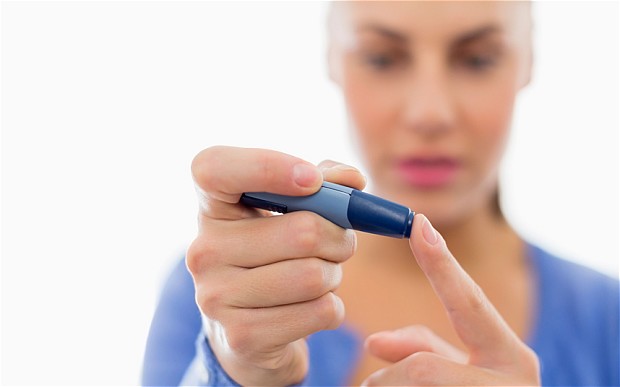
A Promising Treatment for Type 1 Diabetes
A Promising Treatment for Type 1 Diabetes
April 25, 2014
Bottom Line’s Daily Health News — For people with type 1 diabetes, each day means carefully monitoring blood sugar, planning every bite of food and bit of physical activity, and injecting the insulin they need to stay alive. Many hope for a miracle that will free them from this relentless challenge.
Now that miracle may be at hand, thanks to breakthrough research from Dr. Eli Lewis, director of BGU’s Clinical Islet Laboratory and senior lecturer in the Department of Clinical Biochemistry and Pharmacology.
Type 1 diabetes occurs when the immune system mistakenly attacks the beta cells in the pancreas, which results in the lack of insulin production and a build-up of sugar. What sets off the mistaken immune response is still a mystery, but research suggests that inflammation plays a key role.
For instance, studies in mice that are genetically engineered to develop type 1 diabetes have shown that treatment with alpha-1 antitrypsin (AAT), an anti-inflammatory protein normally made by the liver and specialized white blood cells, can actually reverse type 1 diabetes…at least in mice.
Of course, it’s a huge leap to take a treatment from mice to humans – but that’s what BGU’s Dr. Eli Lewis, in collaboration with the University of Colorado Health Science Center, is trying to do.
Dr. Lewis and colleagues recently published an exciting phase I study (phase I studies are typically the first studies done on people after preclinical animal studies are completed).
For this study, 12 people with type 1 diabetes were given intravenous infusions of AAT once per week for eight weeks. Participants ranged in age from 12 to 39 years old, and all had been diagnosed within the previous four years.
Blood samples were taken before treatment began and periodically afterward, ending 18 months after treatment initiation. All participants reportedly tolerated the 30-minute infusions comfortably (typically playing video games or otherwise amusing themselves during the treatment), and no one dropped out – which Dr. Lewis called “an excellent outcome relating to safety and compliance.”
The study produced some very encouraging results: Five of the 12 participants had a stunning response – they are no longer dependent on insulin injections.
Participants who were the most recently diagnosed tended to have the best response. This makes sense. Dr. Lewis explained, “Newly diagnosed patients are still experiencing an ongoing immune attack, and they still have some functioning beta cells left, just not enough to control glucose. The active immune system and residual beta cells provide the AAT with an optimal platform to work on.”
Tamara Eberlein, editor of the Bottom Line’s Daily Health News, recently spoke with Dr. Eli Lewis. Read the full article >>




